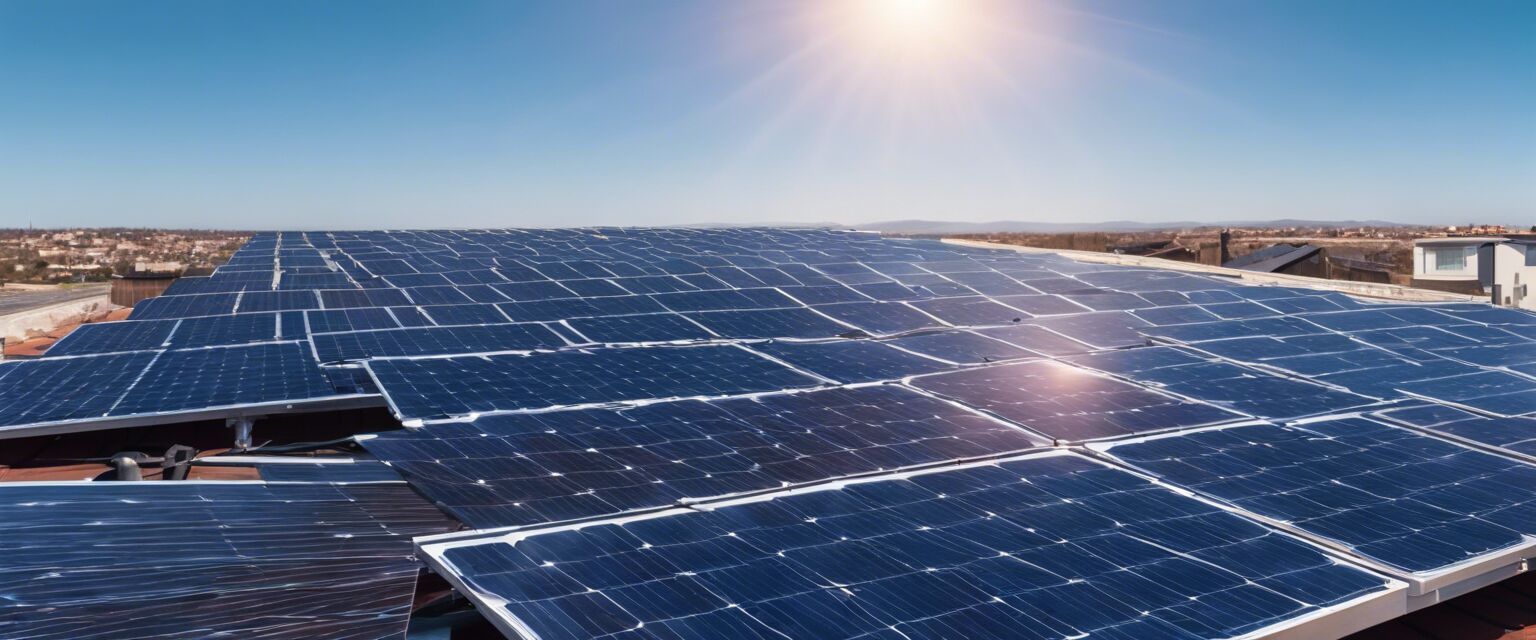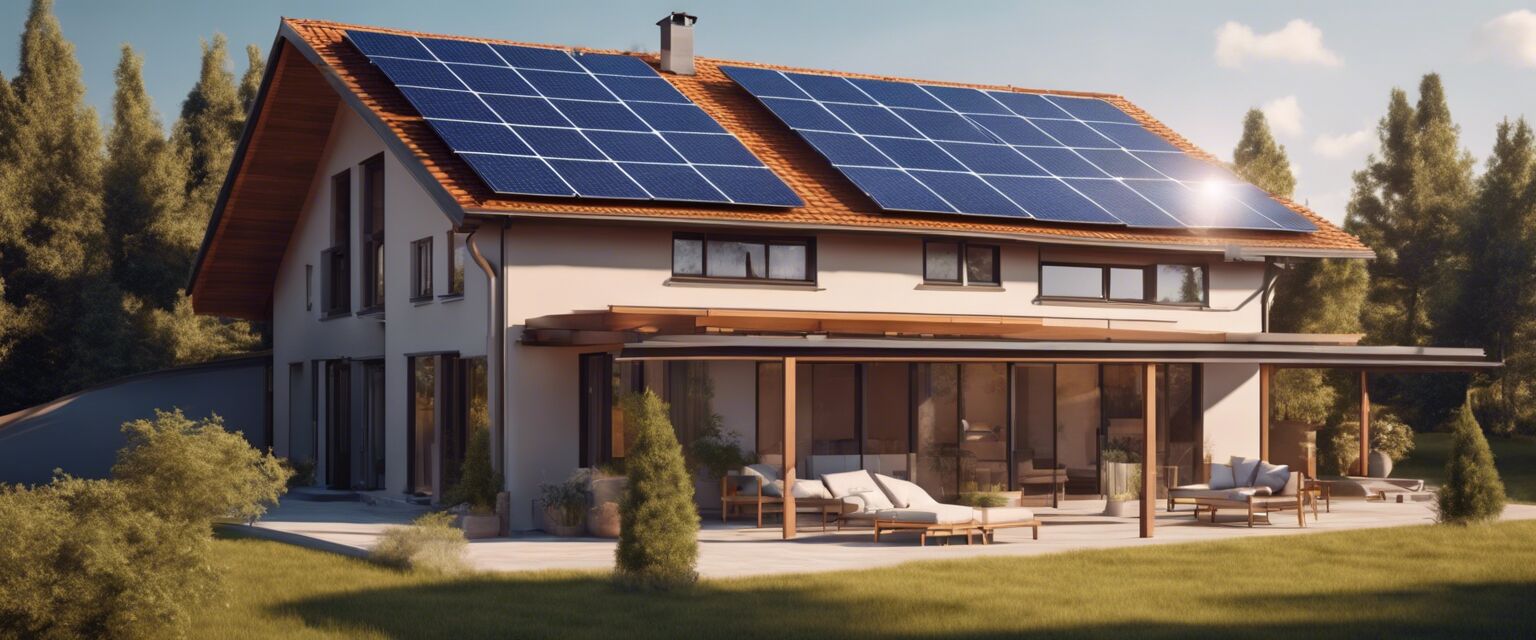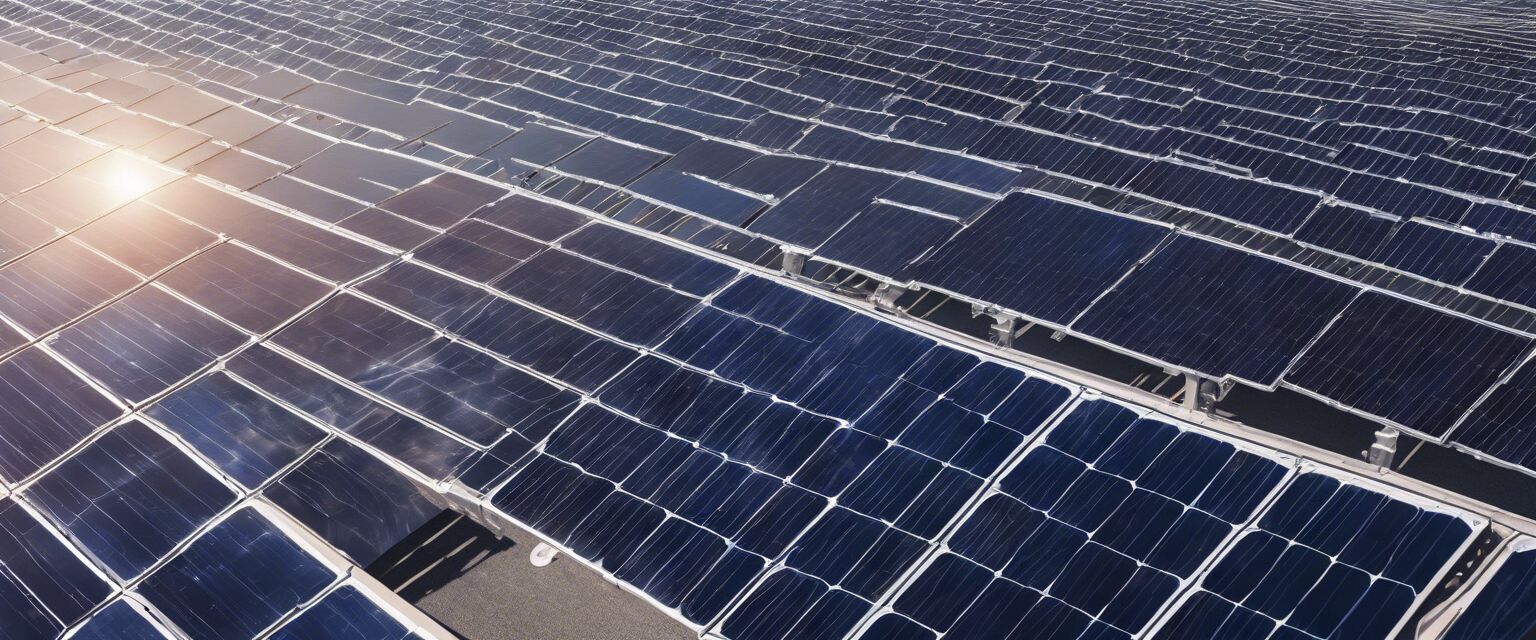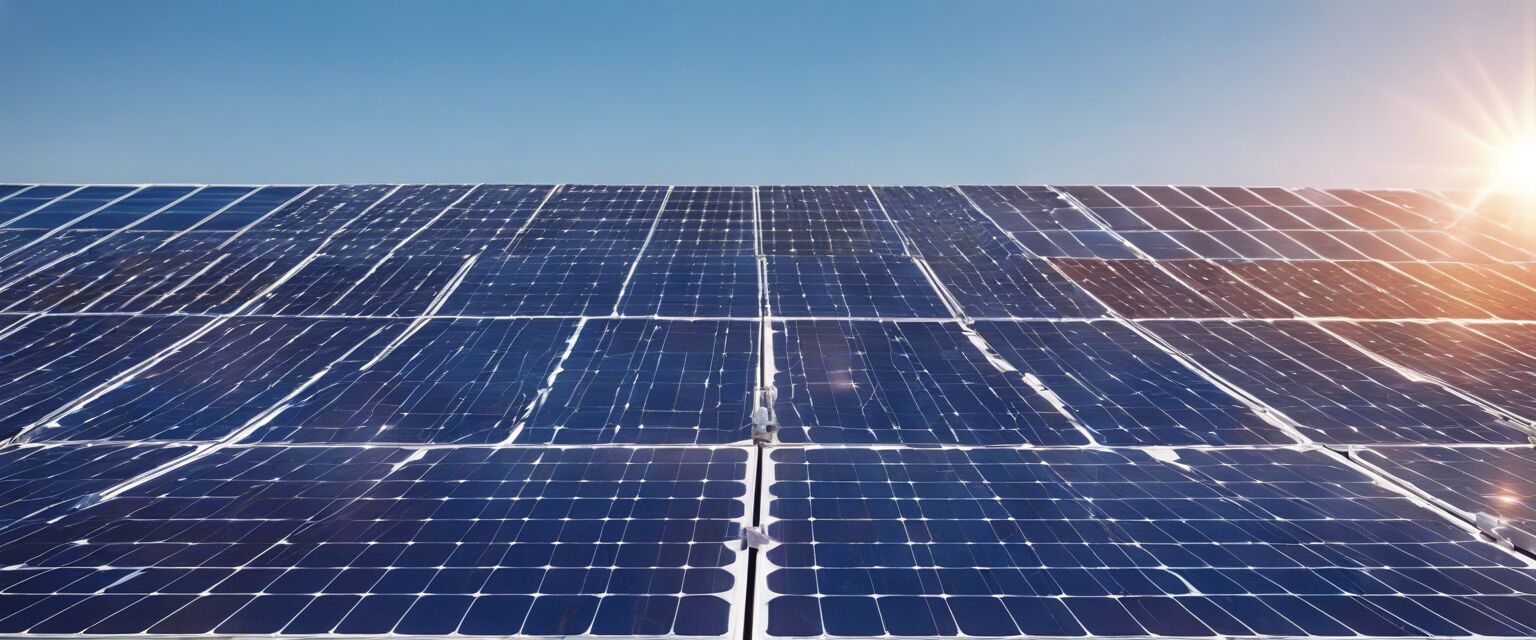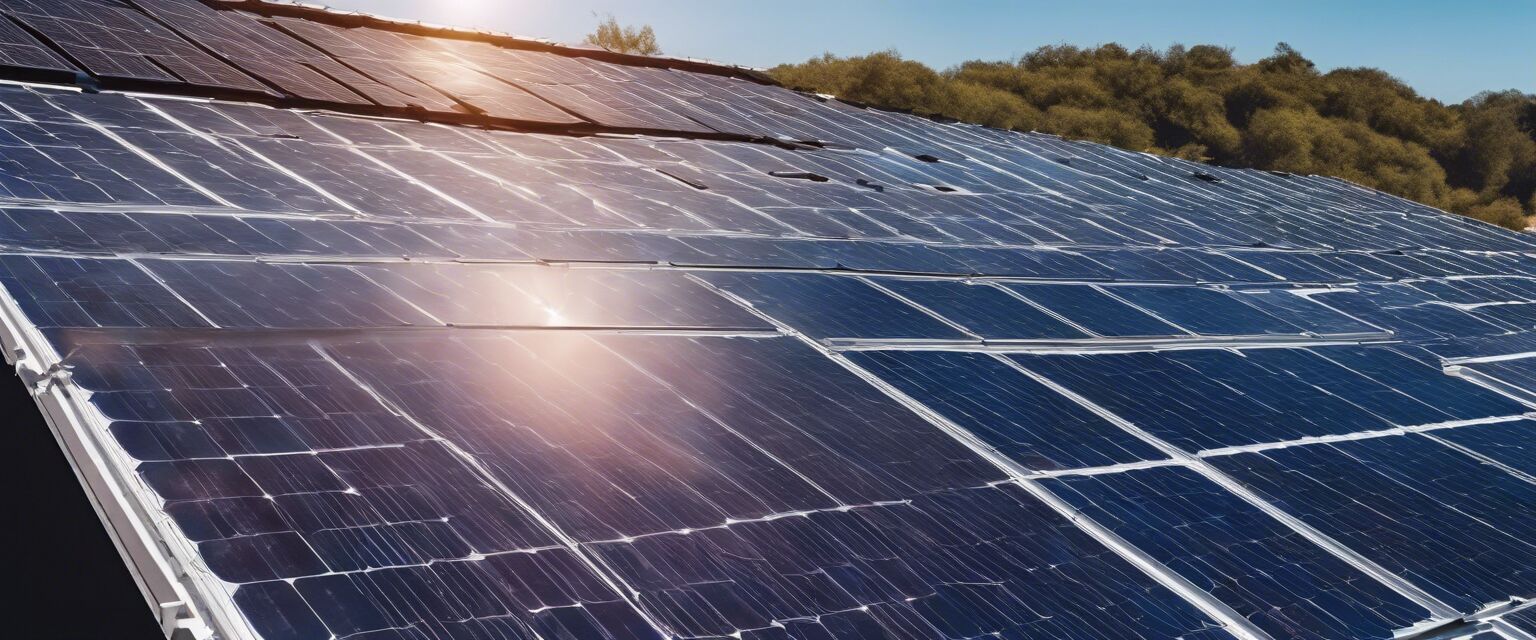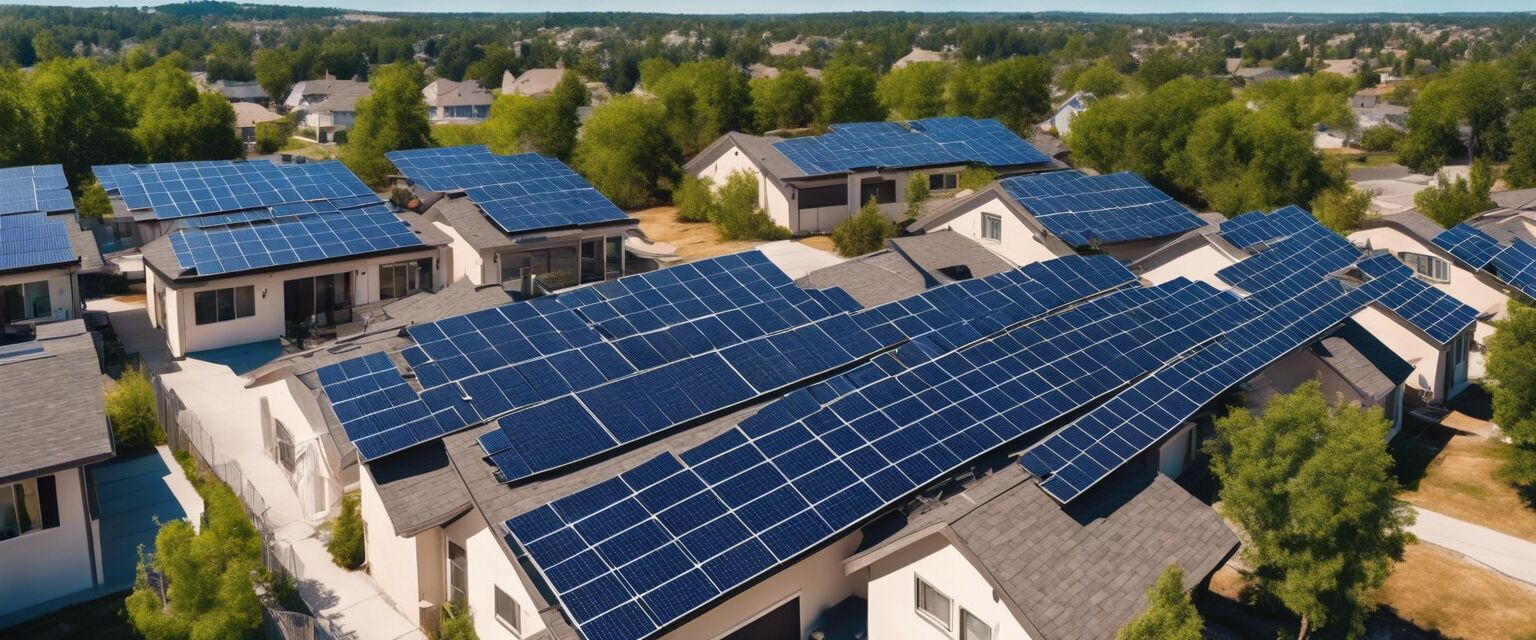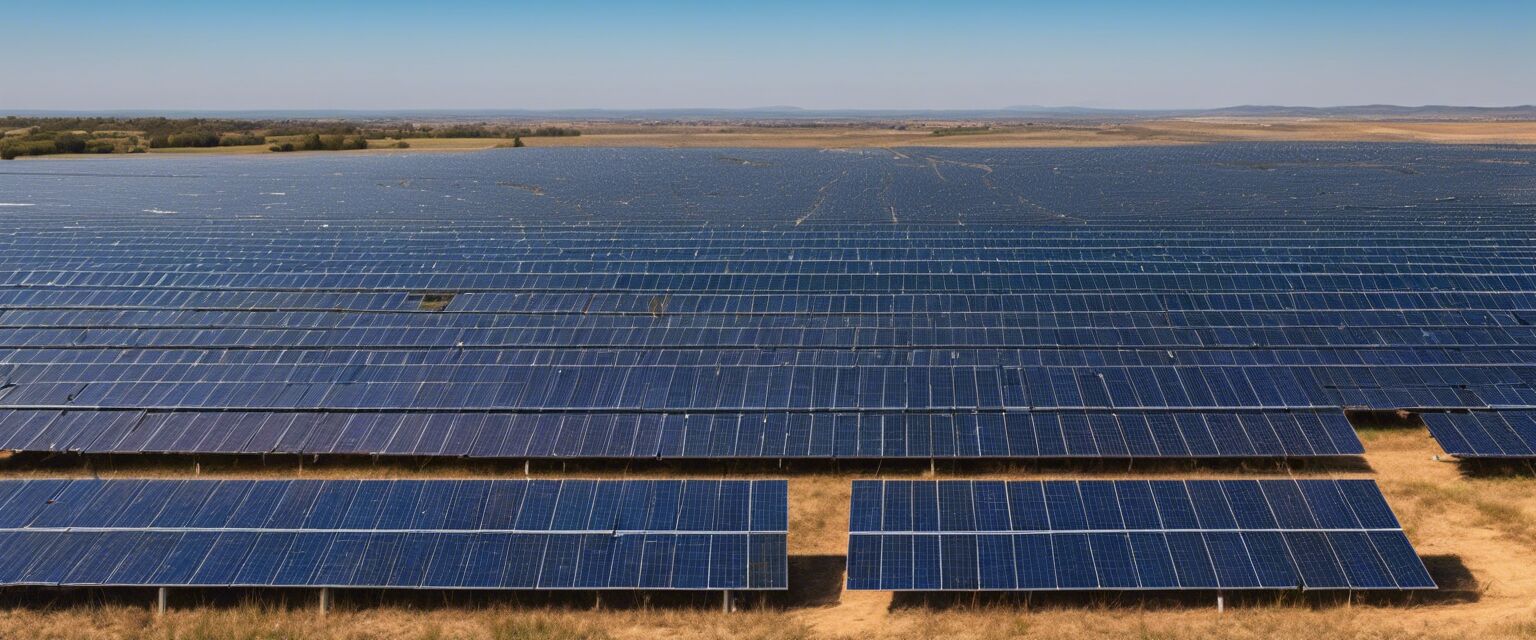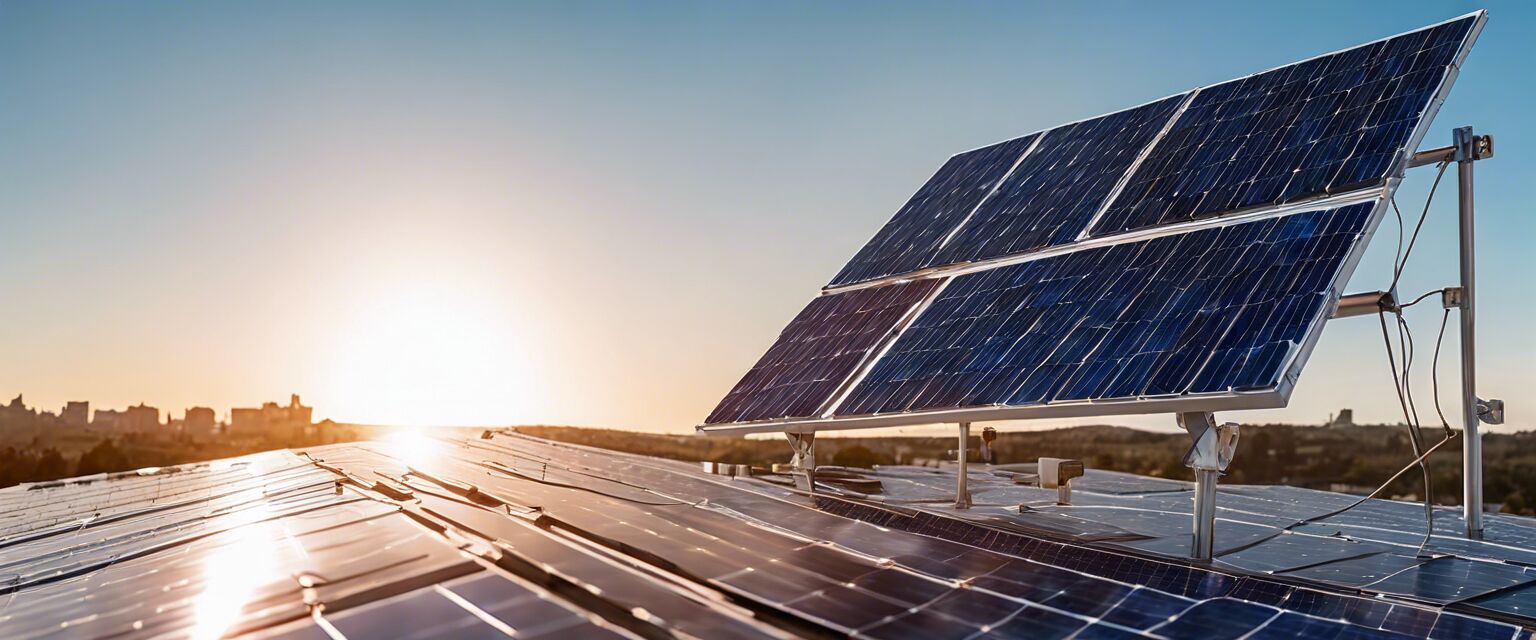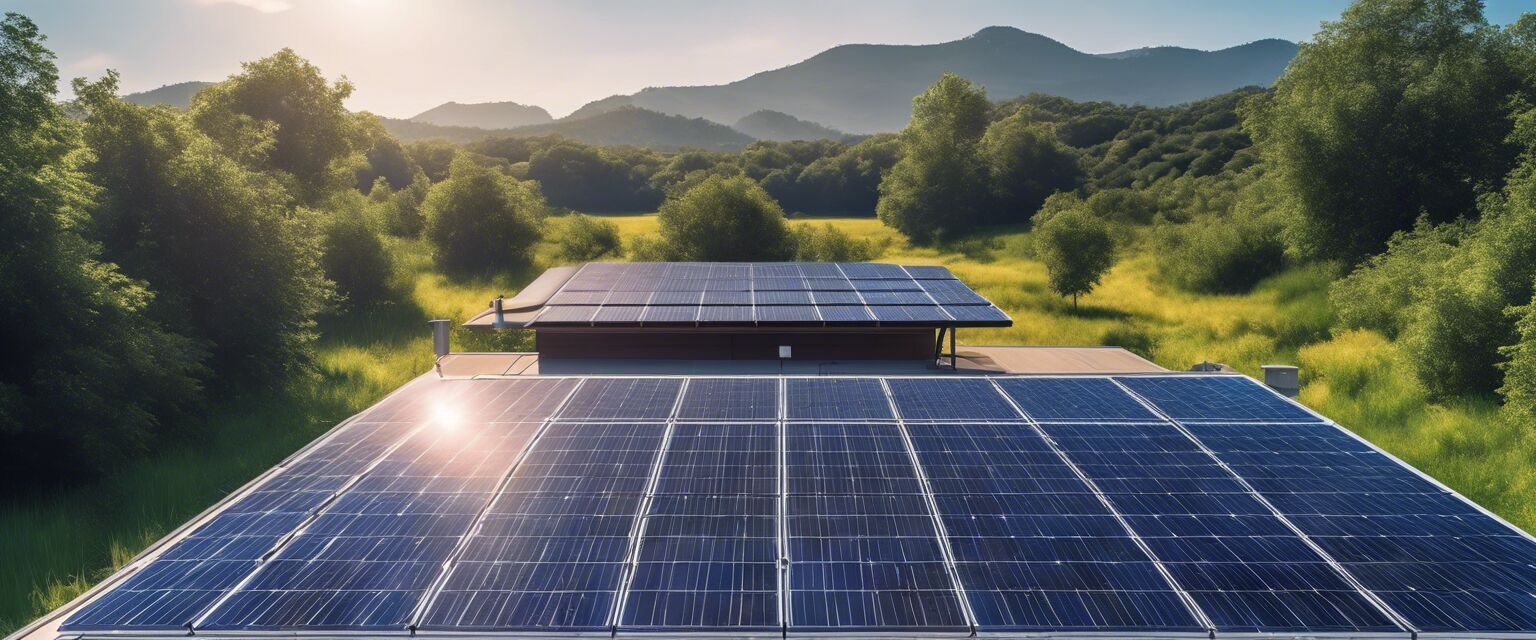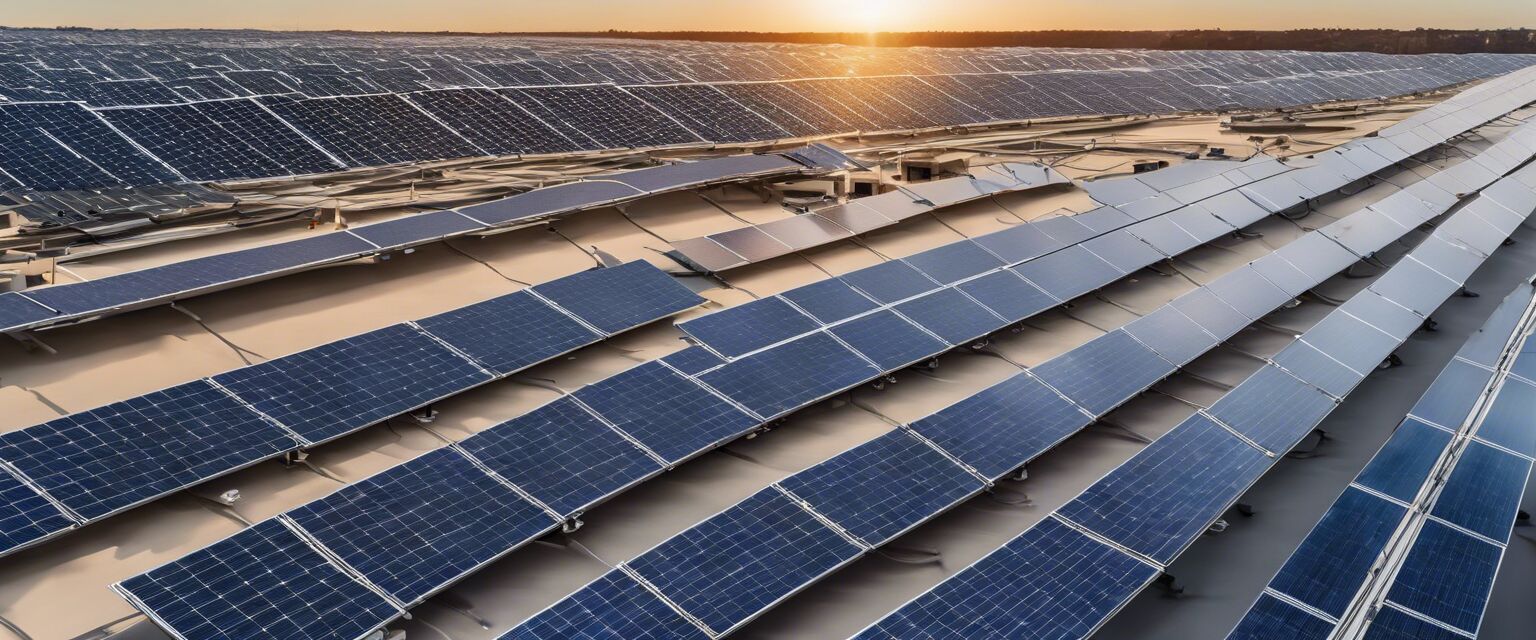
Commercial Solar Panel Systems
Key Takeaways
- Commercial solar panel systems help businesses reduce energy costs.
- They enhance sustainability and corporate responsibility.
- Government incentives can significantly decrease installation costs.
- Choosing the right system depends on business size and energy needs.
As businesses seek to reduce operational costs and engage in sustainable practices, commercial solar panel systems have emerged as a reliable solution. These systems not only help in cutting down energy expenses but also contribute to environmental conservation. In this article, we will explore various aspects of commercial solar panel systems, including benefits, components, installation processes, and more.
Benefits of commercial solar panel systems
| Benefit | Description |
|---|---|
| Cost Savings | Solar panels significantly reduce monthly energy bills. |
| Tax Incentives | Government incentives can lower upfront costs. |
| Energy Independence | Solar energy provides a reliable source of power. |
| Environmental Impact | Reduces carbon footprint and promotes sustainability. |
Key components of commercial solar panel systems
Understanding the main components of a commercial solar panel system is crucial for making an informed decision. Below are the essential parts:
- Solar Panels: The core component that converts sunlight into electricity.
- Inverters: Convert the direct current (DC) produced by solar panels into alternating current (AC) used in businesses.
- Mounting Systems: Frameworks to hold solar panels in place on roofs or ground.
- Monitoring Systems: Tools for tracking energy production and system performance.
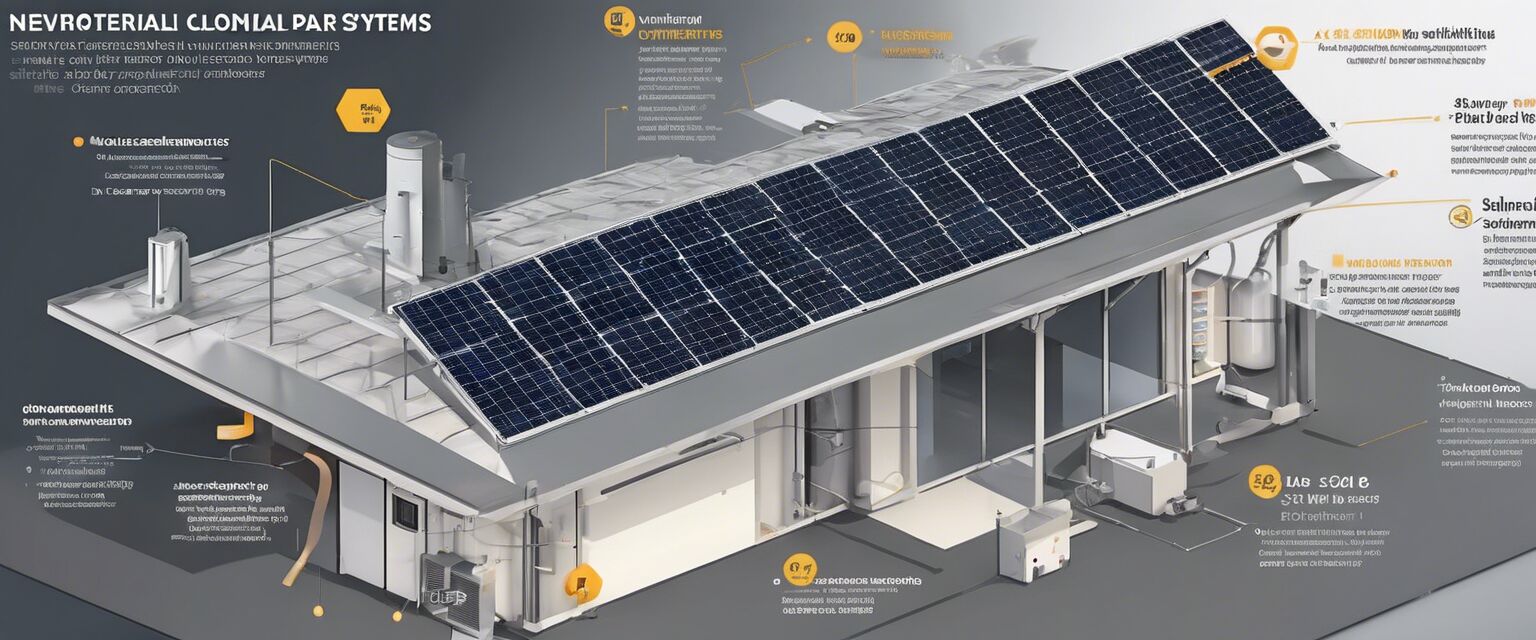
Installation process for commercial solar panels
The installation of commercial solar panels involves several steps, ensuring the system is tailored to the specific needs of a business:
- Site Assessment: Evaluating the installation site to determine energy needs and roof conditions.
- System Design: Creating a customized solar solution based on the assessment.
- Permitting: Securing necessary permits from local authorities.
- Installation: Installing solar panels, inverters, and other components.
- Inspection: Conducting a thorough inspection to ensure everything is functioning correctly.
- Monitoring: Setting up monitoring systems to track energy production.
Cost analysis of commercial solar panel systems
The cost of commercial solar panel systems can vary widely based on factors such as size, location, and equipment quality. Below is a cost analysis table:
| System Size (kW) | Estimated Cost ($) | Estimated Savings (Annual $) |
|---|---|---|
| 10 kW | $25,000 | $2,500 |
| 50 kW | $100,000 | $12,500 |
| 100 kW | $200,000 | $25,000 |
Choosing the right commercial solar panel system
When selecting a commercial solar panel system, consider the following factors:
- Energy Needs: Analyze your business's energy consumption patterns.
- Location: Assess local sunlight availability and shading factors.
- Budget: Determine your investment capacity and explore financing options.
- System Type: Decide between grid-tied, off-grid, or hybrid systems.
Tips for beginners
- Start by researching local solar incentives.
- Consult with multiple solar providers for quotes.
- Understand your energy needs and how solar can meet them.
- Consider the long-term benefits over initial costs.
Frequently asked questions
What is the lifespan of commercial solar panels?
Most commercial solar panels come with a warranty of 25 years, but they can last longer with proper maintenance.
Are there financing options available for commercial solar installations?
Yes, many solar providers offer financing solutions, including loans and leases, to help businesses manage the upfront costs.
How much maintenance do solar panels require?
Solar panels require minimal maintenance, typically just periodic cleaning and inspections to ensure optimal performance.
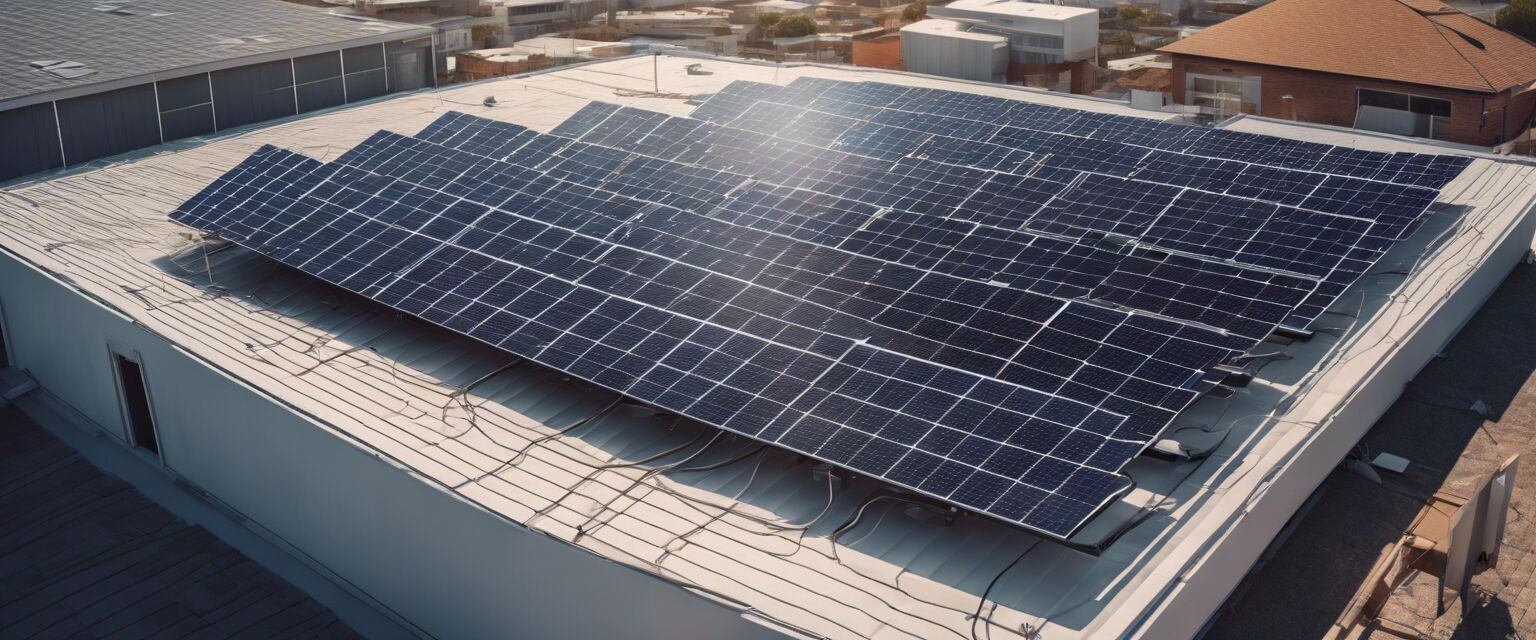
Conclusion
Commercial solar panel systems are an excellent investment for businesses looking to reduce energy costs and enhance their sustainability efforts. By understanding the components, installation processes, and financial implications, businesses can make informed decisions that benefit both their bottom line and the environment.
For more information on solar solutions for various applications, check out our other product categories like Commercial Solar Systems, Residential Solar Panels, and Solar Inverters.
Pros
- Reduces energy bills significantly.
- Enhances corporate sustainability image.
- Increases property value.
- Provides reliable energy source.
Cons
- High initial installation costs.
- Requires space for installation.
- Performance depends on weather conditions.
- Maintenance costs for older systems.
